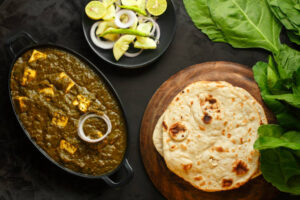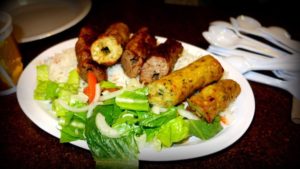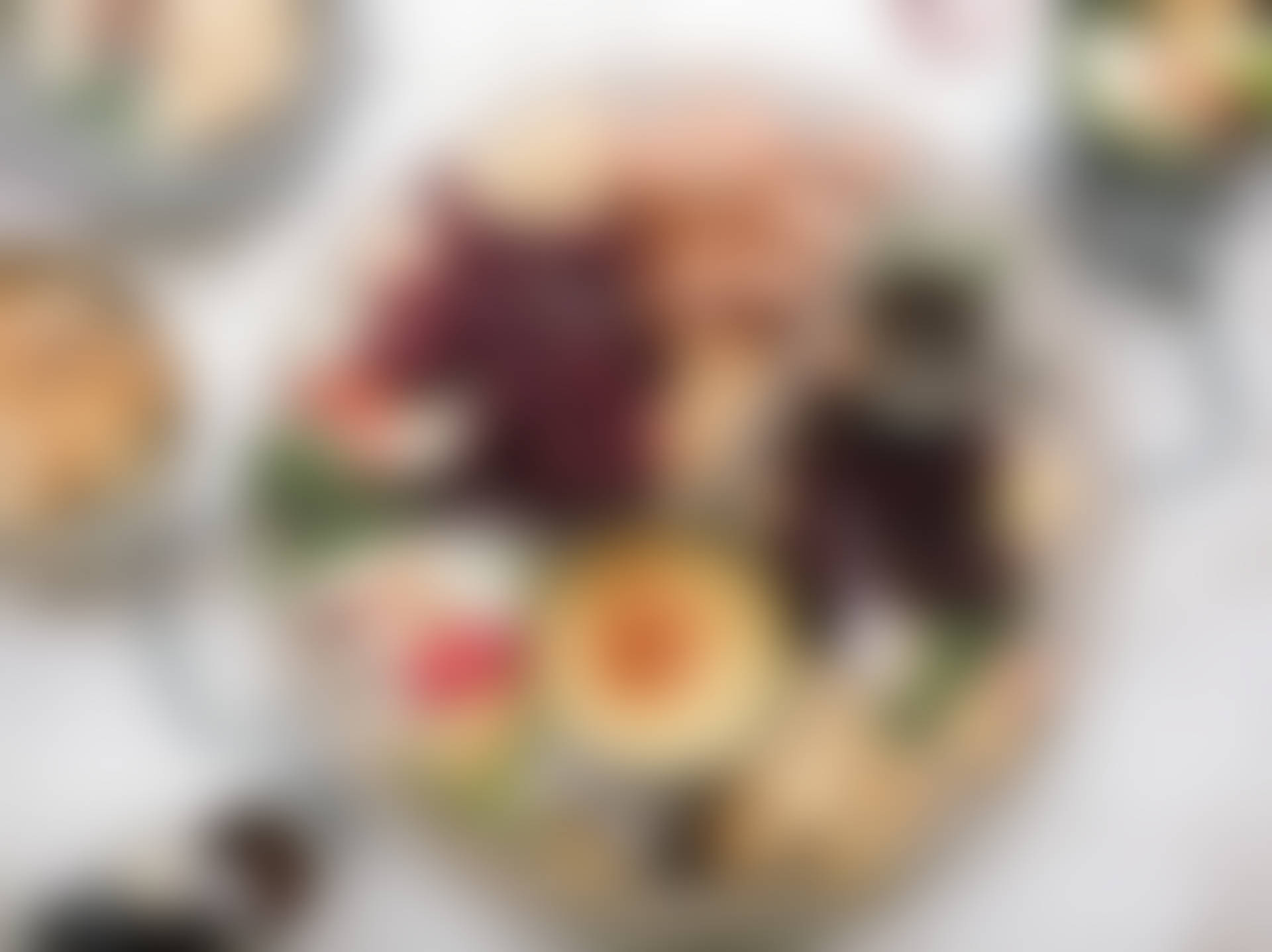
Halal food and Muslim consumers are growing in number, and there is a need to better understand the terms used to describe their many services, needs, and practices. Stakeholders will be better able to navigate the segment if they understand these concepts, terms, and definitions. To begin with, let’s understand the term “Halal”.
Halal is defined as (حلال)
Halal means permissible in Arabic. According to Islamic rules, it means permissible. Food is the most common example, but it includes any action that is permissible in Islam. Halal is opposed to Haram, or sometimes referred to as non-Halal. Under Islamic teachings, anything that is prohibited is considered unlawful. In Islam, stealing, corruption, and other unlawful acts can also be considered the same as stealing food.
How does Halal food differ from other types of food?
Halal food refers to food that is permissible to eat in accordance with Islamic teachings. It basically refers to any food that does not fall under the Haram (or forbidden) category. All foods and beverages in Islam are Halal, except for those that are explicitly prohibited in the Quran. Globally, Muslims believe the Quran is God’s final revelation and the book of perfect direction and bearing for humanity.
In the Quran, God says (a translation)
-
We have provided good things for you. Eat of them. (Quran 2:172)
-
The Quran commands us to eat what is lawful (Halal) and wholesome (Tayyib) on earth.
-
Don’t follow the footsteps of Satan and eat what’s lawful and good on earth. He is to you a clear enemy.” (Quran 2:168)
It is generally agreed that foods and drinks must be free of pork, alcohol, poisons, harmful ingredients, and unhygienic elements. Under Islamic law, the method of slaughter called Zabihah must be followed when slaughtering meat.
Can you tell me what Muslim-friendly food is or what Halal-friendly food is?
Restaurants sometimes use these terms to indicate that their food is suitable for Muslims. Muslims, however, require a higher level of assurance than what is conveyed by these terms. In order to be Halal (permissible for consumption), the food must either be Halal (permissible for consumption) or not Halal (not permissible for consumption). Permissible-friendly cannot be achieved.
Mashbooh is what it sounds like.
In Arabic, the word mashbooh means suspicious or doubtful. In cases where a food item cannot be determined to be Halal or Haram, it is classified as Mashbooh.
Zabihah – what does it mean?
Slaughtering an animal according to Islamic law. It is considered the most humane and purest method of slaughtering animals.
Halal and Tayyib food: what is it?
Tayyib means good/clean/wholesome in the literal sense. In Islam, it is often used to refer to food of a higher quality or purity, such as organic or even healthy food. Additionally, it encompasses universal concerns such as being environmentally friendly, eco-ethical, non-cruel to animals, socially responsible, and reducing overconsumption. As a consequence, Halal food (made from permissible ingredients) cannot be Tayyib food.
Halal meat: what is it?
Although Muslims differ on which animals are considered Halal, the general consensus is that all seafood and herbivorous land animals are Halal if they are slaughtered according to Islamic Zabihah laws.

In Islam, what foods are considered Haram or non-Halal?
Unless explicitly prohibited in the Quran, Halal foods and beverages include the following:
-
Intoxicants, such as alcohol and narcotics
-
Animals that have not been slaughtered that are dead
-
A bloody mess
-
The pork
-
Idol-slaughtered meat
-
A carnivore with teeth, such as a lion or a tiger
-
A bird of prey, a hawk, a vulture, a falcon, and other winged creatures with claws
-
A domestic donkey, a mouse, a scorpion, a snake, and a frog
-
Animals that have died before being slaughtered in Islam (except fish and sea creatures)
In order to be Halal, what conditions must be met?
In addition to fulfilling the following parameters, halal food and drink must also comply with:
-
As outlined above, it contains nothing that is haram in shariah law.
-
There was nothing haram in its preparation, processing, or contamination
-
No haram-contaminated facility was used in its preparation, processing, transportation, or storage.
-
Based on Shariah law, it contains no najis (unclean) material
-
To be safe for human consumption, it must not be poisonous, intoxicating, or hazardous.
-
According to Shariah law, it must not be prepared, processed, or manufactured on equipment contaminated with najis or haram foods
-
Islamic rites must be followed when slaughtering the meat
